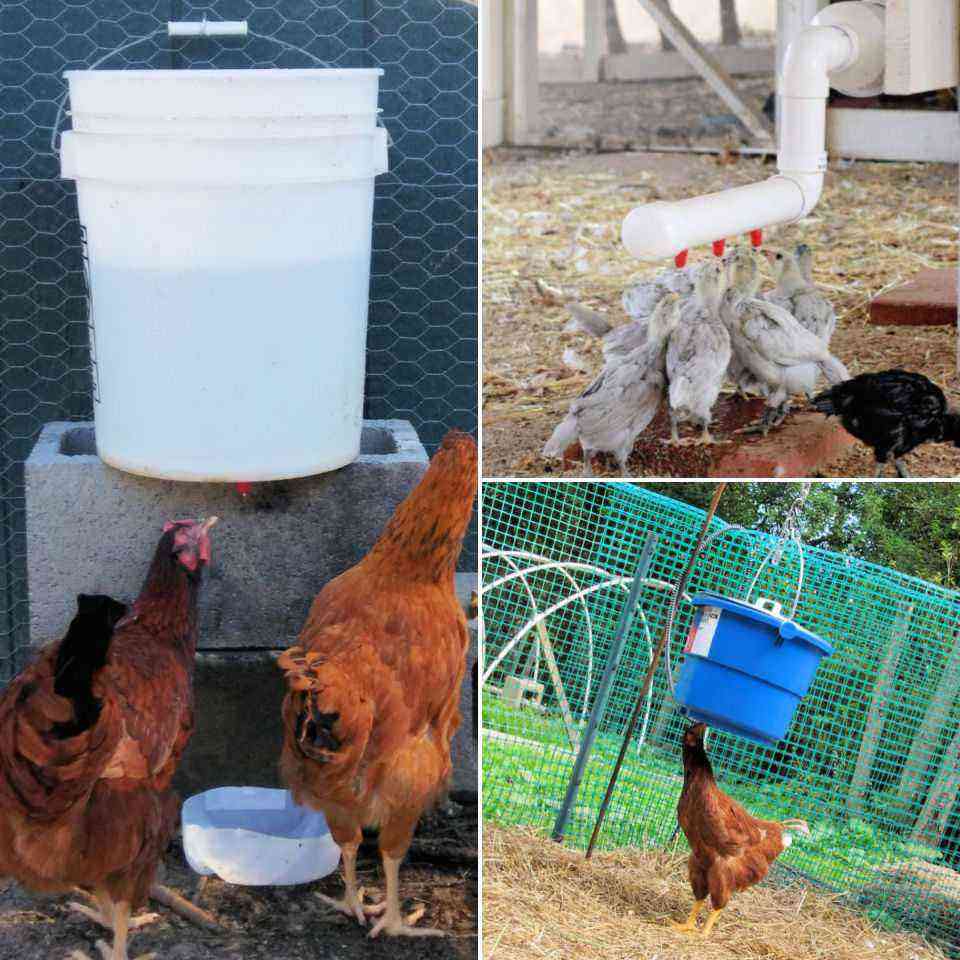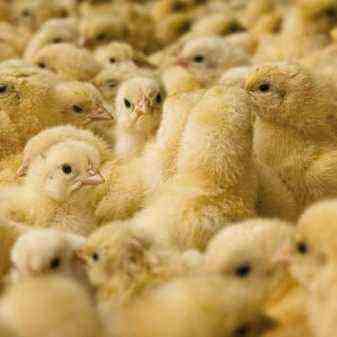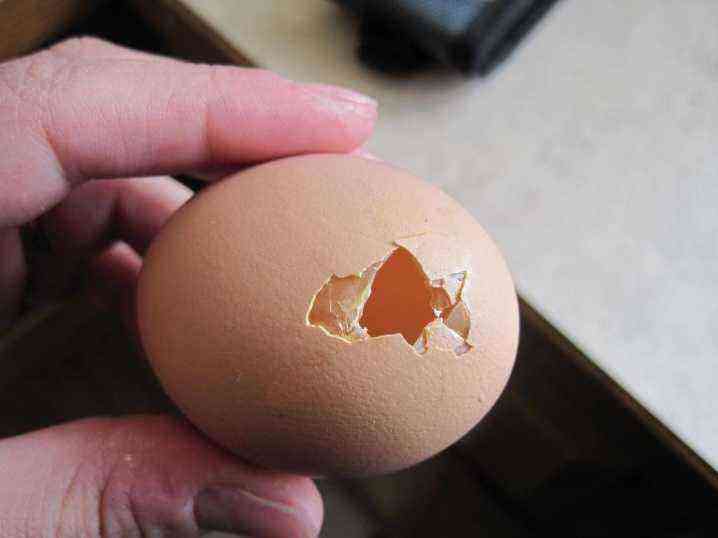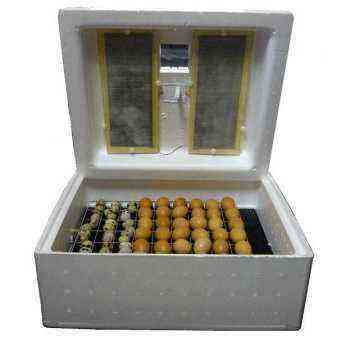Pseudoplague, also called Newcastle disease, is a very dangerous disease that destroys the entire population of chickens in a few days. Birds of all ages are susceptible to infection, from young chicks that have recently hatched from eggs to mature, strong, healthy individuals. The virus infects the respiratory tract of feathered pets, the digestive organs and the nervous system.
The causative agents of pseudoplague are paramykviruses that can exist for a long period of time. So, in winter, they live for about four and a half months, in summer – about seven days, in frozen chicken carcasses, the viability of these viruses is more than two years. In dead birds, paramykviruses live for about 20 days.
Newcastle disease vectors: chicken mites, wild birds, household owner who brought the infection from other backyards and farms, and infected chickens. The virus is transmitted through drinking water, food, remains in hatched eggs and chickens that are born become carriers of pseudo-plague, through the fluid secreted by sick chickens: saliva, vomiting. Healthy individuals can catch the infection even through the air.
Paramicviruses, getting into the body, try to penetrate into the blood, where they multiply rapidly and cause sepsis in the bird. Subsequently, small hemorrhages appear in feathered pets, disrupting the functioning of all internal organs and the nervous system. In many chickens, pseudoplague appears already on the second day after infection. However, it is not uncommon for the virus to activate only after a week or two.
Newcastle disease can be acute or subacute (chronic). Infected individuals become indifferent to everything that happens around them, they experience drowsiness, the temperature rises, a liquid that has an unpleasant odor flows from the nose and mouth, and plumage is ruffled. It becomes difficult for chickens to breathe, when inhaling air, they make a gurgling, hoarse sound, constantly coughing. Also, the bird has yellow-green diarrhea with blood particles. After a few days, feathered pets begin to stagger when walking, their movements are uncoordinated and uncertain, they experience paralysis and convulsions. The illness lasts up to four days, after which death occurs.
The chronic form of pseudo-plague is usually seen in adults who “cope” with the disease in three weeks.
Treatment for Newcastle disease is usually not helpful. The virus is able to survive in any conditions and does not respond to environmental changes. The main methods of fighting the infection are the timely vaccination of chickens and preventive work to prevent infection. You can overcome pseudo-plague with the help of chemicals: carbolic acid, alcohol, pharmaceutical solution, caustic soda.
When chickens are infected with Newcastle disease, sick individuals must be burned. The same should be done with litter from the chicken coop. Chicks are all subject to slaughter and burning, and adult healthy birds can be eaten, but first the carcasses must be thoroughly boiled. The house is treated with a XNUMX% creolin solution or XNUMX% sodium hydroxide. After disinfection, the premises are “closed” for quarantine for a month, and then once again treated with chemicals.






































